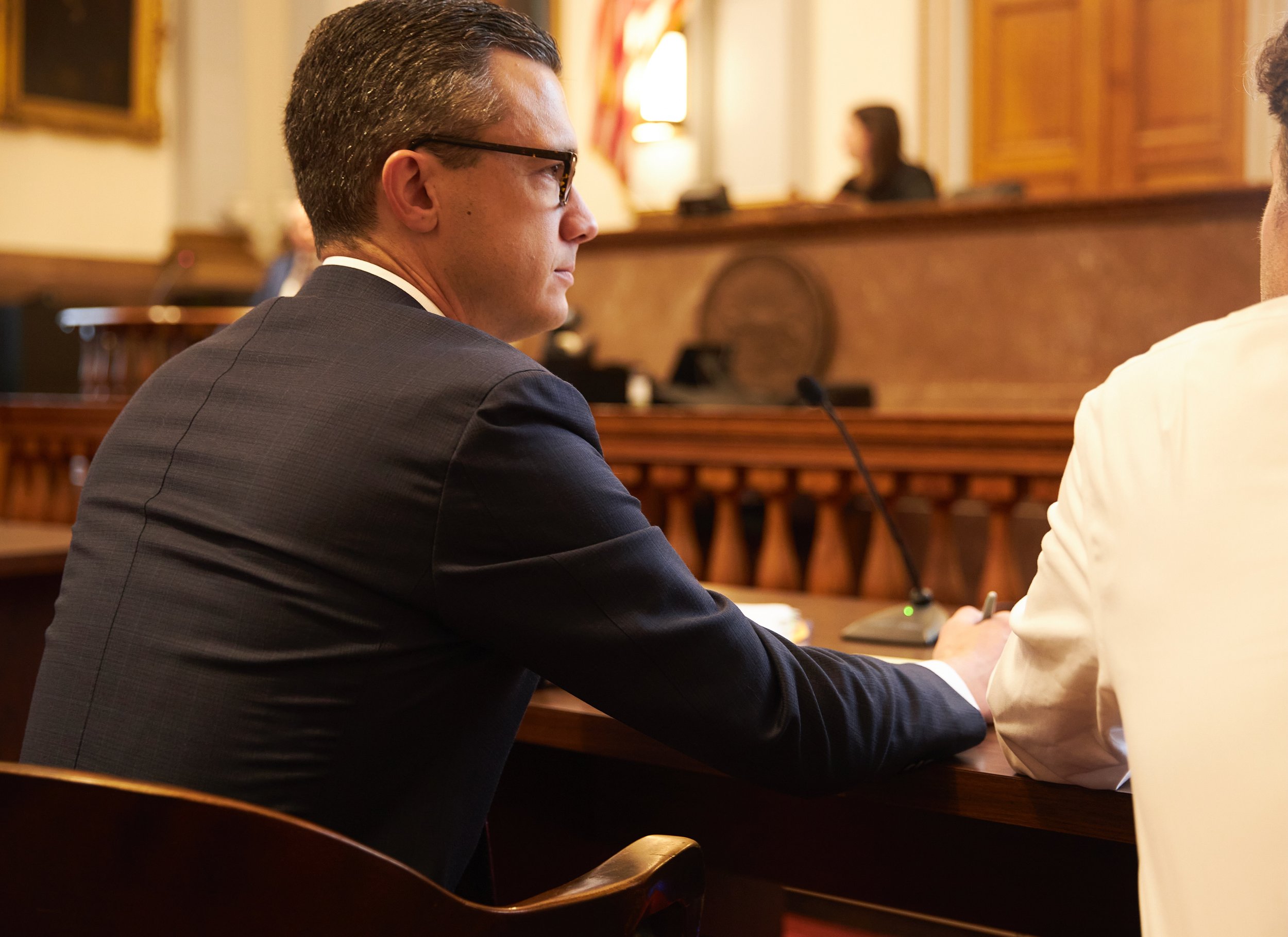Comprehending the Role of a Post-Conviction Lawyer in Looking For Justice After a Criminal Sentence
In the complicated landscape of post-conviction legal proceedings, the duty of a post-conviction legal representative is essential in browsing the course to justice after a criminal conviction. Past the boundaries of a trial, these legal specialists participate in a diverse technique targeted at revealing brand-new evidence, challenging lawful errors, and advocating for their customers' legal rights. The complexities of post-conviction job need a blend of lawful acumen, investigative skills, and critical believing to unravel the intricacies of a situation and pursue methods that may have been overlooked or underexplored. As the quest of justice extends past the confines of first procedures, the duty of a post-conviction attorney becomes a sign of hope for those looking for to rectify oppressions and reclaim their civil liberties within the legal system.
Post-Conviction Lawyer's Investigative Job
Post-conviction legal representatives take part in precise investigatory work to uncover brand-new proof, procedural mistakes, or transgression that might potentially bring about reversing a conviction. This investigatory phase is crucial in the post-conviction procedure as it aims to recognize any type of overlooked information or legal mistakes that may have influenced the outcome of the first trial. Post-conviction lawyers look into case documents, witness testimonies, and lawful documentation with a fine-tooth comb, looking for any type of disparities or irregularities that can be grounds for charm.
Through detailed investigation, post-conviction lawyers aim to drop light on possible injustices that may have happened throughout the initial test. By looking at every aspect of the legal proceedings, post-conviction attorneys work tirelessly to discover any kind of factors that may have influenced the verdict.
Crafting Appeals and Petitions
In the pursuit of justice after a conviction, proficient legal representatives diligently craft allures and petitions to existing engaging debates for the reconsideration of lawful choices. Crafting allures and requests needs a deep understanding of the legal system, attention to detail, and strategic thinking. Post-conviction lawyers assess test documents, determine prospective errors or violations of rights, and develop lawful debates to test the conviction or sentence.
When crafting an appeal, lawyers concentrate on highlighting lawful errors that may have affected the end result of the instance. They investigate situation law, laws, and lawful precedents to sustain their debates. Requests, on the other hand, might entail providing new proof that was not offered during the test or showing changes in the law that necessitate an evaluation of the conviction.
In addition, post-conviction attorneys should stick to stringent procedural regulations and due dates when filing allures and petitions. They have to provide their arguments plainly and persuasively to convince the court to provide relief to their customers. With thorough crafting of charms and petitions, post-conviction attorneys strive to protect justice for individuals that have actually been wrongfully convicted or unjustly sentenced.

Going After Post-Conviction Relief
Post-conviction alleviation includes an array of lawful mechanisms made to test the legitimacy of a conviction or sentence. Post-conviction lawyers play a critical function in navigating these complicated procedures, making sure that all legal choices are explored to remedy injustices that might have occurred throughout the trial or sentencing phase.
One common type of post-conviction alleviation is submitting an application for post-conviction alleviation, generally based on cases of inadequate assistance of guidance, prosecutorial misbehavior, recently uncovered proof, or constitutional offenses. Experienced post-conviction lawyers possess the abilities and expertise necessary to identify viable lawful claims, conduct examinations, and existing engaging disagreements to protect relief for their clients.
Using Forensic Evidence
When challenging a conviction or sentence, the strategic application of forensic proof can be an effective tool in post-conviction legal proceedings. Forensic proof incorporates a vast variety of scientific techniques used to investigate crimes and develop realities in court. Post-conviction attorneys can take advantage of forensic evidence to test the credibility of convictions by presenting brand-new scientific findings that were not available throughout the original trial.

Participating In Sentence Modifications
Post-conviction lawyers may explore the opportunity of sentence alterations as a lawful method to attend to out of proportion or unfair sentences bied far in criminal situations. Sentence adjustments include seeking changes to the regards to an offender's sentence after a sentence has actually taken location. These adjustments can include minimizing the size of a sentence, modifying the kind of punishment imposed, or discovering different sentencing choices.
Post-conviction attorneys can pursue sentence alterations with different legal devices, such as submitting activities for sentence decrease, appealing for caring release, or bargaining appeal deals for lowered sentences. They need to thoroughly review the conditions of the instance, evaluate the legal premises for seeking an alteration, and existing compelling debates to the court supporting the demand for a revised sentence.
Involving in sentence adjustments requires a detailed understanding of criminal legislation, sentencing standards, and the specific treatments involved in looking for post-conviction relief. Post-conviction legal representatives play an important role in promoting for fair and just end results by difficult sentences that are unduly rough or do not line up with the concepts of justice.
Conclusion
To conclude, the role of a post-conviction attorney is crucial in looking for justice after a criminal sentence. Through investigatory job, crafting appeals and applications, going after post-conviction alleviation, utilizing forensic proof, and involving in sentence adjustments, these lawyers play an important duty in advocating for their clients and making certain that their rights are supported within the criminal justice system. Their commitment and knowledge are crucial in navigating the complexities of post-conviction procedures and attaining a reasonable outcome for individuals dealing with criminal sentences.